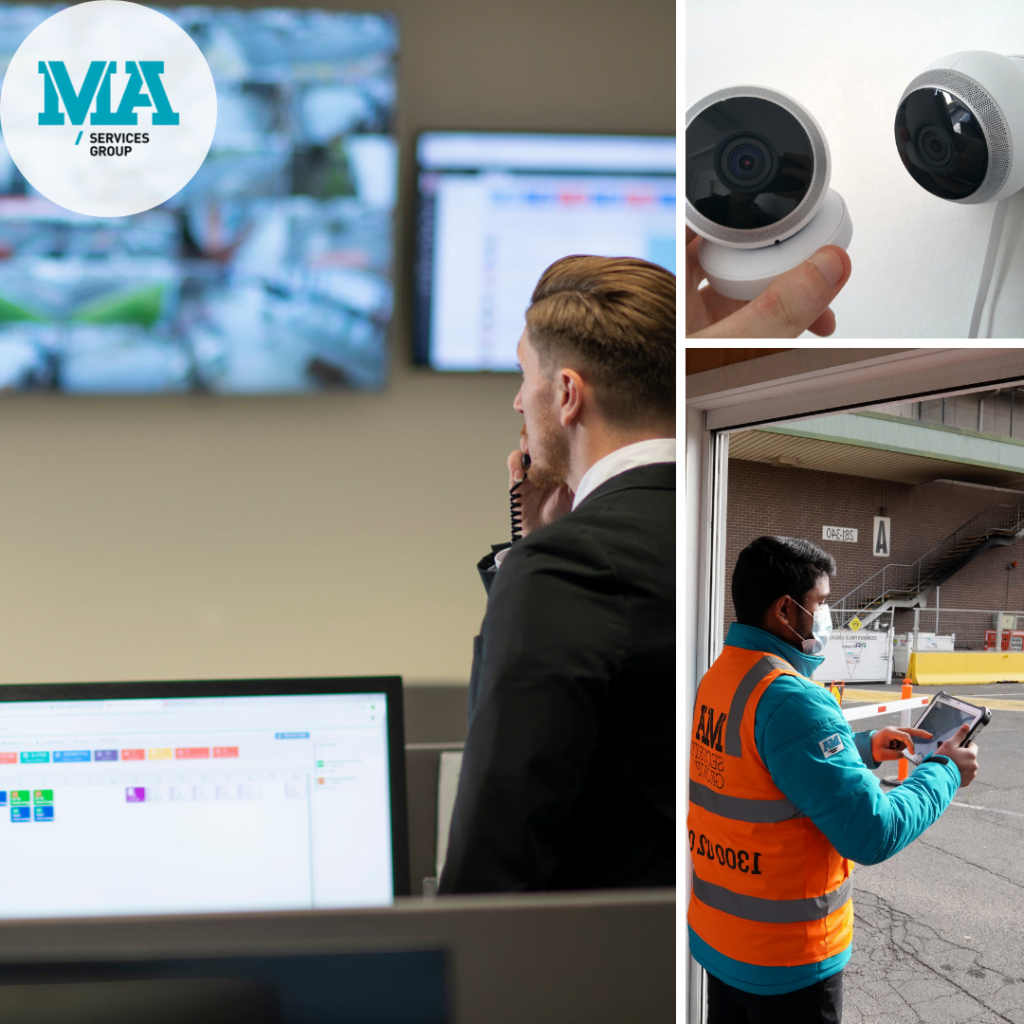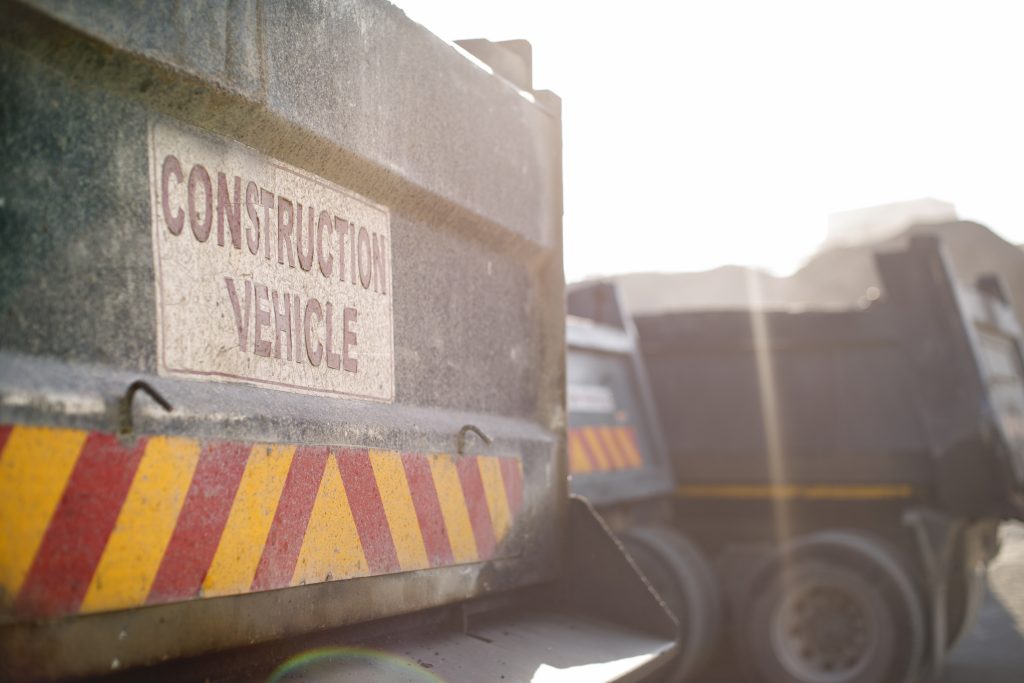2021 was a year for transitioning and adapting. The security industry had to respond quickly as other industries returned to a new normal, and people started spending less time at home. The past couple of years has been unpredictable for everyone, including workers in the security industry. So, what’s next for physical security? We’ve put together a list of things of security trends that we believe will dominate in 2022. 


Changes & Challenges that Security Companies faces in the past couple of years:
- Integrated security solutions became a must-have With Covid restrictions and company policies changing every few weeks, more clients started looking for holistic approaches to security. Instead of hiring a guard to watch a near-empty building, or relying on just CCTV cameras, clients are really starting to understand the value of integrating security solutions. Doing this allows them to create efficiency. Hybrid strategies also support long-term cost savings. Using integrated solutions, clients can ask for guards when they need them the most but can use access control systems or cameras during less critical times.
- Recruitment was challenging Trying to fill empty positions has been a struggle for several industries; security was no different. Before the pandemic, security officers remained in the background most of the time. But they suddenly became essential frontline employees. They didn’t have the option of working from home and had to interact with dozens if not hundreds of people each day. Stores needed security guards more than ever to monitor long lines and ensure people respected capacity limits. Unfortunately, this led to some guards falling ill. Others left the industry altogether.
- Technology became vital to security companies There’s been a notable increase in the reliance security companies are placing on technology and innovation to support their growth and level of service. There is now more of a desire for resources and software solutions that will enable supervisors to manage their teams remotely. Guards are also more comfortable with touchless or low contact devices, such as mobile guard tour systems. The less equipment they must share, and the fewer surfaces they must touch, the better. Patrol Points lets guards complete tours using just a smartphone and the mobile app. They can also complete incident reports and check their schedules, all from their device.


